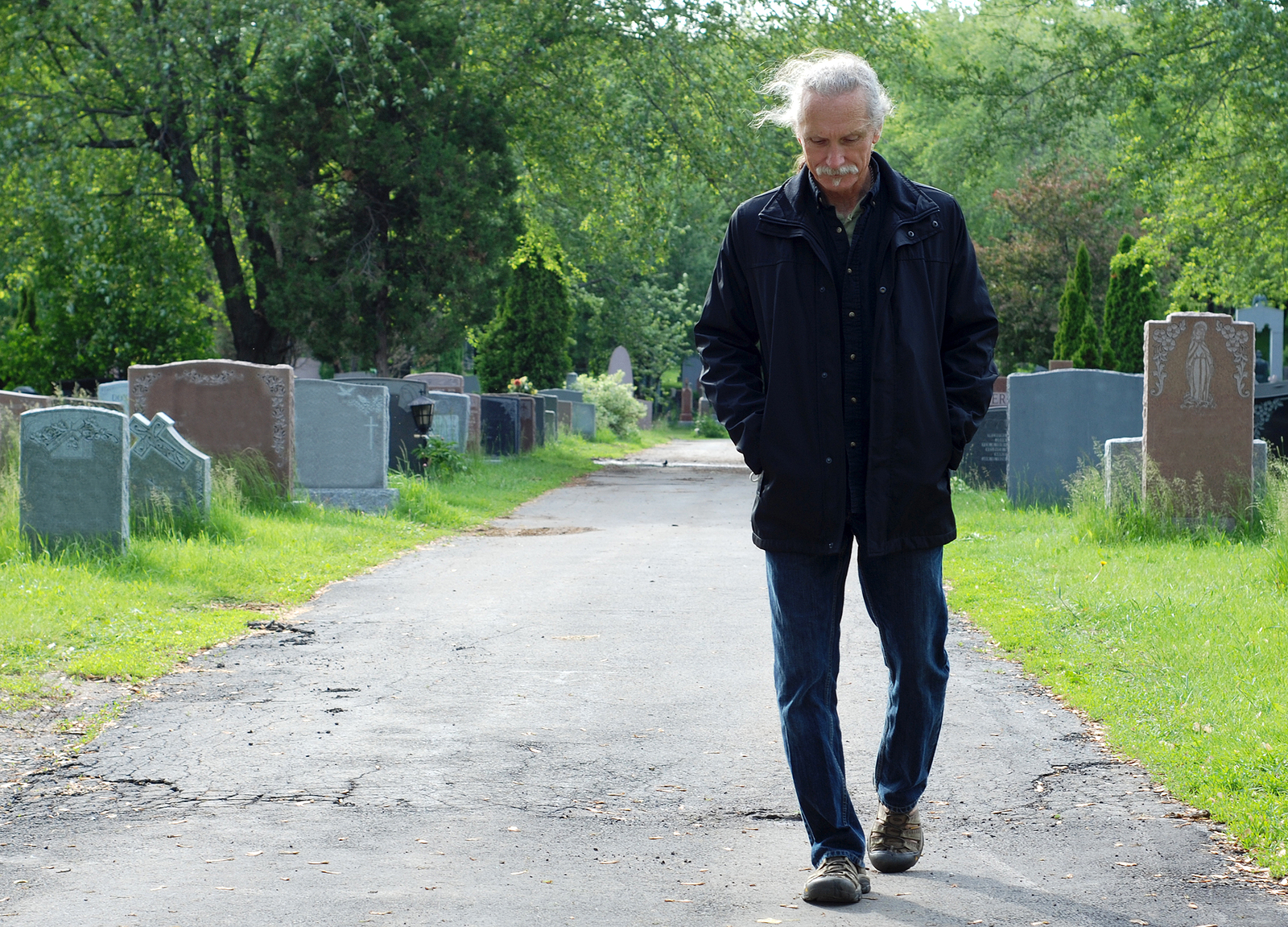
Is ‘assisted dying’ really about autonomy?
One of the most puzzling features of assisted dying is the distinction between physician assisted suicide and euthanasia. In the former, the patient administers the lethal drug; in the latter, the doctor.
The question is this. People are said to choose assisted dying because they fear loss of control. But in jurisdictions where both options are available to patients, like Canada and Belgium, patients overwhelmingly choose euthanasia, where the doctor is in control.
In Canada, for instance, in 2022, the most recent reporting year, there were only 7 cases of “self-administered MAID” out of 13,241 MAID deaths. All the rest chose euthanasia. In other words, all the rest handed their precious autonomy over to a doctor. Why?
David Albert Jones, of the Anscombe Bioethics Centre, in the UK, studies this conundrum in a recent issue of The New Bioethics. He says that people are seeking “a comforting heteronomy” – outsourcing their autonomy, so to speak.
It’s clear that many more people die where euthanasia is legal, like the Netherlands, Belgium and Canada, than where only assisted suicide is legal, as in the United States.
Where patients are required to self-administer, far fewer request it and, of these, a sizeable proportion do not administer the lethal dose but die of natural causes. It seems clear that most people who die by euthanasia in jurisdictions such as Canada would have lived longer and died of natural causes had they been required to self-administer.
So it seems, contrary to what activists contend, “these actions do not seem to be motivated by a desire for greater self-determination.” Instead, Jones argues, euthanasia is “the ultimate form of medical paternalism”.
Jones speculates that contemporary culture frames medicine as control over nature. “It may be, for example, that some people associate assisted suicide with conventional suicide and reject it for this reason but find it easier to construe euthanasia as a medical procedure, conflating it with palliative care.”
There may be deeper philosophical reasons as well. One of the pioneers of Dutch euthanasia was a neurologist, Jan Hendrik Vandenberg. “He argued that the ethic of unconditional respect for human life belonged to a time when medicine was powerless, but as medicine had gained the power to extend life it needed a new medical ethic which emphasized quality over quantity and which allowed life to be ended intentionally.”
